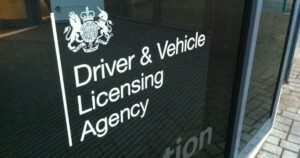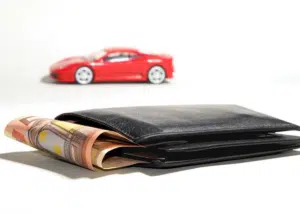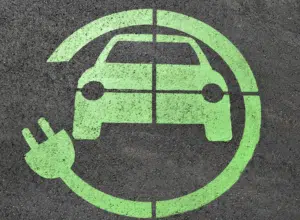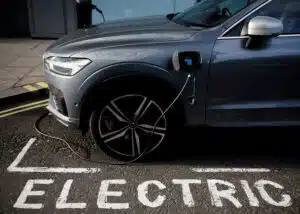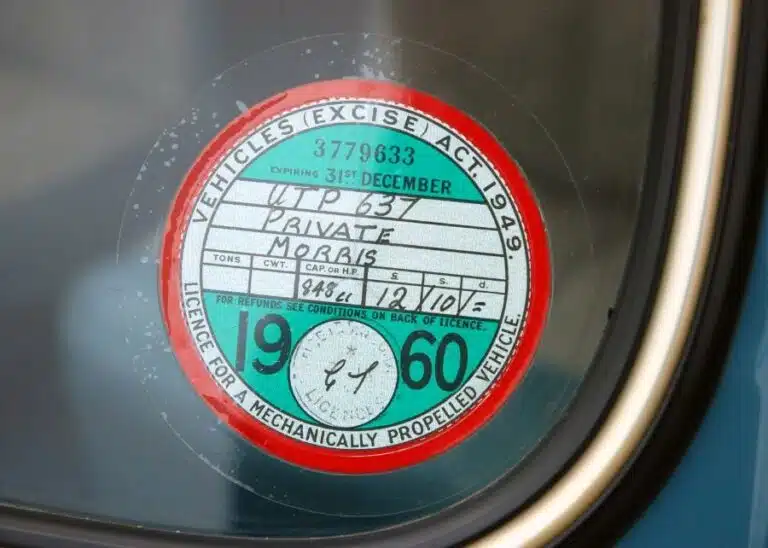Here are the different types of deductibles and how car insurance deductibles work.
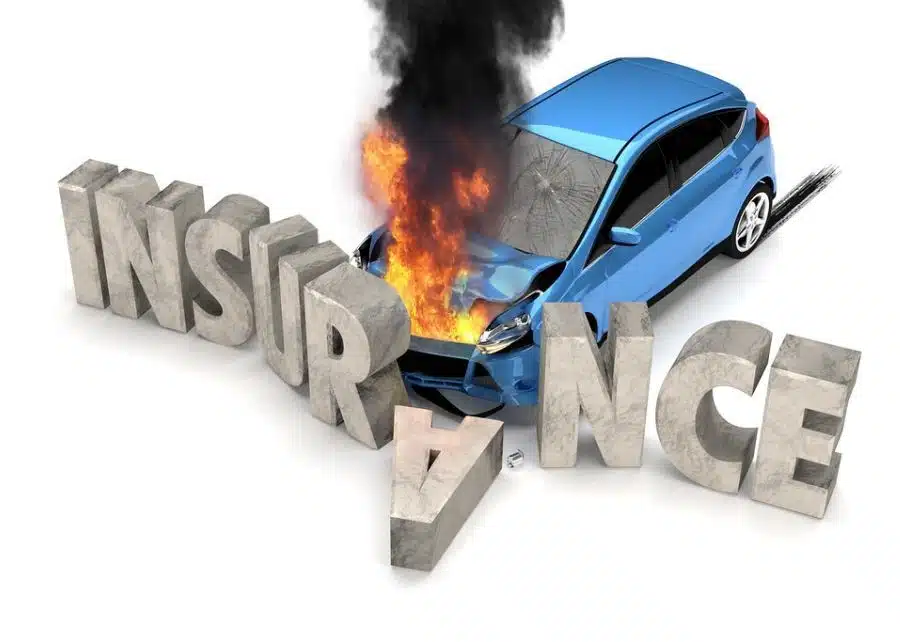
How do car insurance deductibles work?
Car insurance deductibles work as follows:
- A deductible is the amount of money you pay out of pocket when you file a claim for certain types of coverage, such as collision or comprehensive.
- After you pay the deductible, the insurer helps cover the remaining costs of car repairs and medical bills up to your policy limits.
- The deductible amount can vary depending on your policy and the type of claim. There are two types of deductibles in car insurance: compulsory and voluntary, says Insured Daily.
- According to Insured Daily, compulsory deductible is a fixed amount set by the regulator based on the car’s engine capacity. A voluntary deductible is an optional amount that you choose to pay in addition to the compulsory deductible.
- Choosing a higher voluntary deductible can lower your premium, but it also means you will have to pay more when you make a claim. When deciding on your deductible amount its a good idea to consider your budget and the likelihood of accidents.
What if my car insurance deductible costs more than my repairs?
If your car insurance deductible is higher than the cost of the repairs to your vehicle, you will have to pay for the entire cost out of pocket, as the insurer only covers damages above your deductible amount, according to Insured and More. For example, if your deductible is £500 and the repairs cost £400, you will pay £400 and the insurer will pay nothing.
However, if the repairs cost £600, you will pay £500 and the insurer will pay £100. Therefore, it is important to choose a deductible amount that suits your budget and the likelihood of accidents. It can be a good idea to compare different car insurance quotes to find the best deal for you too.

High vs. low car insurance deductibles
High vs. low car insurance deductibles is a common topic that many drivers wonder about when choosing their car insurance policy.The higher your deductible, the lower your premium, and vice versa. There are pros and cons to both options, depending on your budget, risk tolerance, and driving habits.
Here are some of the main advantages and disadvantages of high and low deductibles:
- High deductibles:
- Pros: You can save money on your monthly or annual premium, which can add up over time if you rarely make a claim. You may also be less tempted to file small claims that could increase your future rates, says Compared.com.
- Cons: You have to pay more out of pocket if you do make a claim, which can be financially stressful in an emergency. You may also have to wait longer for reimbursement from your insurer.
- Low deductibles:
- Pros: You pay less out of pocket if you make a claim, which can provide financial relief and peace of mind. According to Bauld Insurance, you may also get faster claim processing and settlement from your insurer.
- Cons: You pay more for your monthly or annual premium, which can reduce your potential savings over time. You may also be more likely to file small claims that could increase your future rates.
There is no definitive answer to which option is better, as it depends on your personal preferences and circumstances. You should consider your budget, the value and condition of your car, the likelihood of accidents, and the amount of coverage you need when deciding on your deductible amount. You may also want to compare different car insurance quotes to find the best deal for you.
How will your car insurance deductible impact your rate?
Your deductible impacts your rate in the following way: the higher your deductible, the lower your premium, and vice versa. This is because you are assuming more or less risk by paying more or less out of pocket in the event of a claim, says DMV.org. For example, if you have a £500 deductible and the repairs cost £1,000, you will pay £500 and the insurer will pay £500. However, if you have a £100 deductible, you will pay £100 and the insurer will pay £900.
Choosing your deductible is about balancing your budget and the amount of risk you can tolerate. While lower deductibles can save you money on premiums, there may be trade-offs if your car needs repairs after an accident. You should consider your budget, the value and condition of your car, the likelihood of accidents, and the amount of coverage you need when deciding on your deductible amount.

Do I pay a deductible if I hit a car?
The answer to this question depends on the type of car insurance coverage you have and who is at fault for the accident. Generally speaking, there are two scenarios:
- If you hit another car and you are at fault, you will not pay a deductible, but your liability insurance will cover the damage to the other car. However, your insurance rates will likely go up as a result of the claim, says Clearsurance.
- If you hit another car and you are not at fault, you may have to pay a deductible if you file a claim with your own collision insurance. This is because your insurer will try to recover the costs from the other driver’s insurer, but this may take time or be unsuccessful. If your insurer succeeds in getting reimbursed, they may refund your deductible.
Therefore, you might want to consider the extent of the damage, the cost of repairs, and the impact on your future premiums before deciding whether to file a claim or not. You should also report the accident to your insurance provider as soon as possible, even if you don’t plan to claim, as this is required by most policies, says the RAC.

































